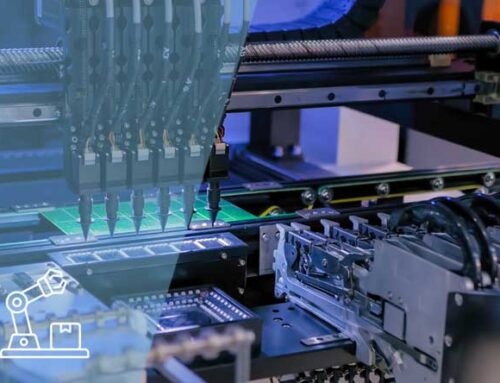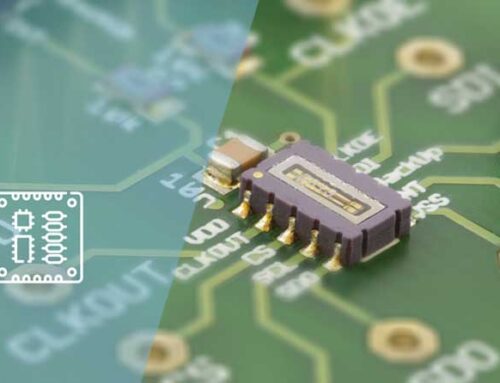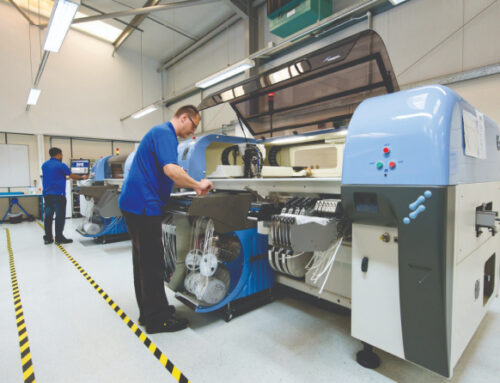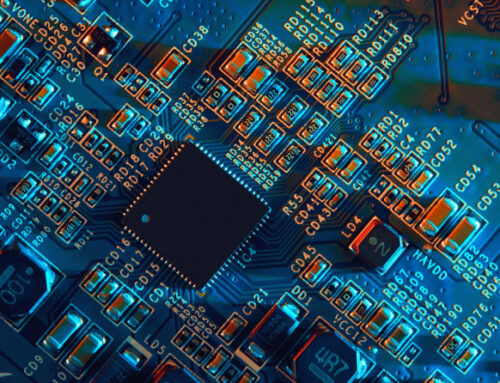5 Key Considerations for Successful High Complexity Manufacturing Projects
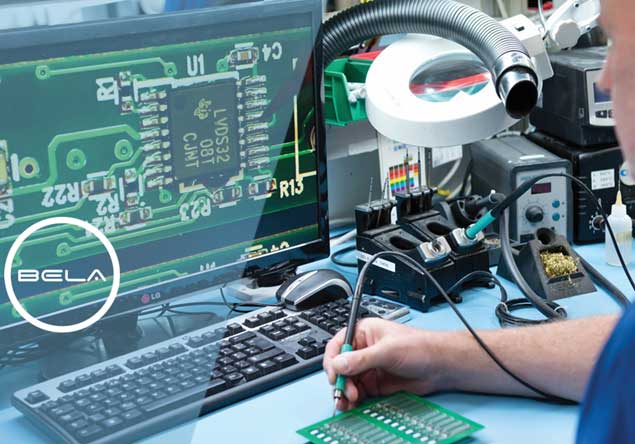
High-complexity manufacturing projects present unique challenges requiring meticulous planning, strong technical skills, and a strategic approach. From coordinating various stakeholders to managing intricate designs, these projects demand an unwavering commitment to precision and quality.
It involves managing a large-scale project that demands high performance, sophisticated design skills, and an eye for detail for any special requirements due to the intricate and complex details involved.
Bella Electronics, which specialises in prototyping and new product innovation, is one of the sought-after manufacturing companies for any small to medium-volume high-complexity manufacturing due to our long-standing experience in various projects.
Read on as we share the five key considerations for successfully executing high-complexity manufacturing projects in this blog.
Understanding Project Scope and Requirements
One of the initial steps in managing a high-complexity manufacturing project is to understand the project scope and requirements thoroughly. It involves a comprehensive review of the project brief, specifications, deadlines, and cost estimates. It’s vital to ensure that all expectations are clear and agreed upon to avoid miscommunications or misinterpretations down the line.
At Bella Electronics, we offer different services and support to our clients, from consultation services, development and testing, fast track service and supply chain and quality check, so we take time to understand the scope and requirements to ensure delivering a high-end service. Our project management team establishes clear objectives and deliverables and defines the project’s critical path.
Understanding these aspects can help to outline a realistic project schedule, allocate resources effectively, and prevent scope creep. It also aids in preparing contingency plans for potential risks and challenges during the project.
The following section discusses leveraging technologies and tools and how it helps with complex projects.



